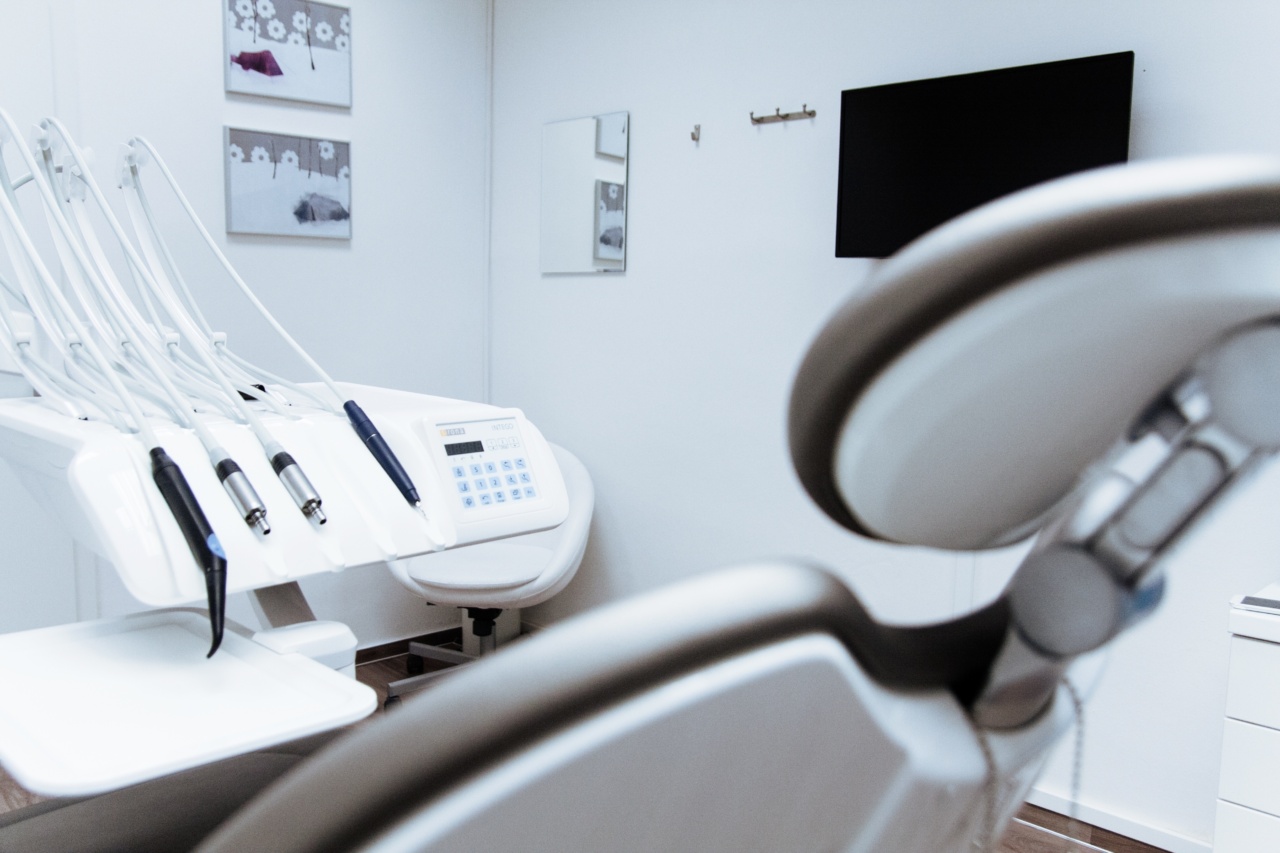Many people may not know this but your dental health has a connection to your erectile dysfunction. Erectile dysfunction is a condition that affects men and can cause them to be unable to get or maintain an erection during sexual intercourse.
It is a common problem among men, especially those who have reached middle-age and older. It is usually associated with other medical conditions such as diabetes, hypertension and high cholesterol. However, studies have shown that poor dental health can also be a risk factor for erectile dysfunction.
In this article, we will be exploring the relationship between dental health and erectile dysfunction.
What is Erectile Dysfunction?
Erectile dysfunction is the inability to have or maintain an erection sufficient enough for sexual intercourse. It affects men of all ages but is more common among older men. There are two types of erectile dysfunction: primary and secondary.
Primary erectile dysfunction means the man has never been able to achieve an erection. Secondary erectile dysfunction means that the man has had an erection before but can no longer achieve one during sexual activity.
Causes of Erectile Dysfunction
Erectile dysfunction can be caused by various factors including:.
- Physical factors such as injury to the penis, nerve damage, cardiovascular disease, high blood pressure, and diabetes.
- Psychological factors such as anxiety, stress, depression, and relationship problems.
- Lifestyle factors such as smoking, excessive alcohol consumption, and drug abuse.
The Connection between Dental Health and Erectile Dysfunction
Studies have shown a strong link between gum disease and erectile dysfunction. Gum disease is caused by the buildup of plaque on the teeth and gums.
It is a bacterial infection that causes inflammation, bleeding, and damage to the gums and bone that support the teeth. The bacteria that cause gum disease can travel through the bloodstream to other parts of the body, including the penis.
The inflammation caused by gum disease can damage the lining of blood vessels and reduce blood flow. This can make it difficult for blood to flow to the penis, causing erectile dysfunction.
One study found that men with erectile dysfunction were more likely to have severe gum disease than men without the condition.
Other Dental Problems that can Increase the Risk of Erectile Dysfunction
In addition to gum disease, other dental problems can also increase the risk of erectile dysfunction:.
- Missing teeth – missing teeth can affect the alignment of the remaining teeth, making it difficult to chew properly. This can lead to nutritional deficiencies, which can affect sexual function.
- Oral infections – oral infections such as abscesses and tooth decay can cause pain and inflammation, which can affect sexual function.
- Sleep apnea – sleep apnea is a breathing disorder that causes disruptions in sleep. It can also cause gum disease and erectile dysfunction.
Prevention and Treatment of Dental Problems to Reduce the Risk of Erectile Dysfunction
The following measures can be taken to prevent and treat dental problems to reduce the risk of erectile dysfunction:.
- Brushing and flossing – brushing and flossing regularly can remove plaque and prevent gum disease.
- Diet – eating a healthy diet that is low in sugar and high in nutrients can help prevent tooth decay and gum disease.
- Regular dental check-ups – regular dental check-ups can detect dental problems early before they become more severe and affect sexual function.
- Treating dental problems promptly – treating dental problems such as gum disease and tooth decay promptly can prevent them from becoming more severe and affecting sexual function.
Conclusion
In conclusion, dental health is important not only for maintaining good oral health but also for overall health. Poor dental health can increase the risk of erectile dysfunction by causing inflammation and reducing blood flow.
To reduce the risk of erectile dysfunction, it is important to maintain good dental hygiene, have regular dental check-ups, and treat dental problems promptly.




























